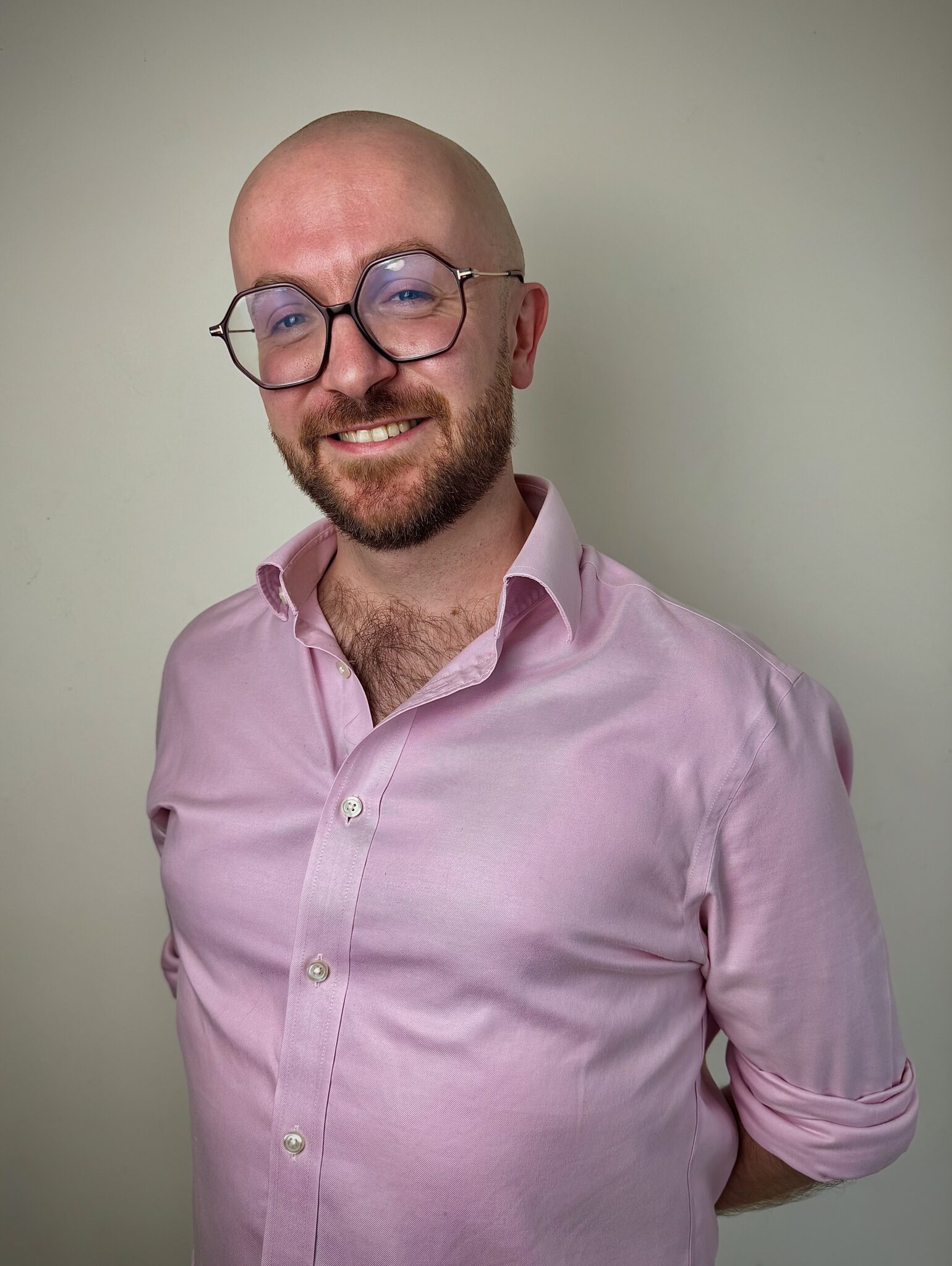More than money: what companies can give your charity
Don’t compare companies to Trusts and Foundations and just ask for money
When you’re used to receiving money from Trusts and Foundations, it can be tempting to look at companies the same way. You see their million-or-even-billion pound turnover, and your mouth starts to salivate.
But there’s an important truth we need to face. Companies aren’t Trusts and Foundations. They don’t exist to give you money, and their budgets are often a lot tighter than their turnover would suggest.
In recent research conducted by Fireside Fundraising, we found that a lot of companies are being approached daily – if not hourly – by charities asking ‘for a slice of the pie’ – simply asking for money without much to offer in return.
We’ll unpack what made some charities’ approaches successful in our upcoming webinar on 8th October, but a unifying theme was what the charity wanted. It boils down to the famous saying of corporate fundraising.
It goes: ‘if you ask for advice, you’ll get money… but if you ask for money, you’ll get advice.’
But it can be hard to hear this and know what to ask for. So we’ve provided a range of examples of what other partnerships provide, as a starting point for the question: what advice do we need?
Awareness
One of the biggest problems facing Bowel Cancer UK is that people don’t know the symptoms of bowel cancer – meaning they often delay going to the doctors. If people can get diagnosed earlier, they can get better outcomes.
The #OnARoll partnership was designed to address this. By working with supermarkets to put symptoms of bowel cancer on their own-brand toilet roll, they were able to get the nation talking. By being in the exact place people were likely to experience symptoms, they made a huge difference. Over a six month period, there was a 7% increase in awareness amongst the general public.
This partnership now continues with Andrex and the campaign has been worth millions for Bowel Cancer UK.
Influence
When Hatch Enterprise were looking to boost their brand power, they partnered with Glossier on a cause-related-marketing campaign, where £5 from each umbrella sold came to the cause. This gave them a great opportunity to put their brand in front of a key audience.
They also co-hosted a joint breakfast event for industry leaders and entrepreneurs, ensuring that both Hatch and Glossier could get their message where it needs to be.
This collaboration gave Hatch Enterprise access and a total of £40,000 over three years.
Expertise
When the Sleep Charity were setting up the National Sleep Helpline, they knew they were facing a lot of decisions around the technology, triaging process and how to fund it. This is where Furniture Village stepped in.
By providing their expertise, they were able to speed up the process through which they launched the helpline – and able to use their PR experience to ensure the service launched with a bang. More than the initial £50,000 per year, they brought expertise and hundreds of callers in the first few months.
Capacity
Goods for Good are a charity dedicated to providing essential items to the communities that need them. They take the excess stock companies produce and put them in the hands of the families who need, but can’t afford, them. One of the biggest barriers for Goods for Good is warehouse space and the ability to sort through donations.
My1stYears, a luxury gifting company, help them overcome this. They provide warehouse space, logistical support and ultimately the hands-on deck needed to get goods to places like Syria and Ukraine. Ultimately this partnership is a major cost-saver for Goods for Good – giving them what they need to succeed.
Of course, there are partnerships that are more about the money. Of the charities featured in this article, many have significant financial partnerships. For example, NatWest is investing heavily in Hatch Enterprise.
However, these partnerships are incredibly hard to achieve without an openness to wider collaborations. Companies don’t want to be seen as an ATM. They want to be your partner in solving the problem. So, an important first step is to ask yourself: what more (than money) can companies give us?
If you want to learn more about what partnerships can look like, and how to secure corporate funding, join Andy King on 8th October for his webinar ‘How to secure Corporate Fundraising’.

Andy King is the Director of Fireside Fundraising and is a self-professed ‘absolute nerd’.
In July 2022, Fundraising Magazine named him ‘the most influential fundraiser in the UK’. Andy loves helping charities understand what businesses can offer them – and then get those partnerships. This has led him to kickstart corporate partnerships programmes from a standing start to a value of £450,000 per year in 18 months. He has also helped transform the approaches of St. John’s Ambulance, Dogs Trust Ireland and Cancer Research UK. He now leads the team of experts at Fireside Fundraising who can shape your pitch, identify your prospects and help you get the most value from every partnership.
Driven by being ‘at least as useful as he is interesting’, he runs webinars that’ll always give you concrete actions to take away.
